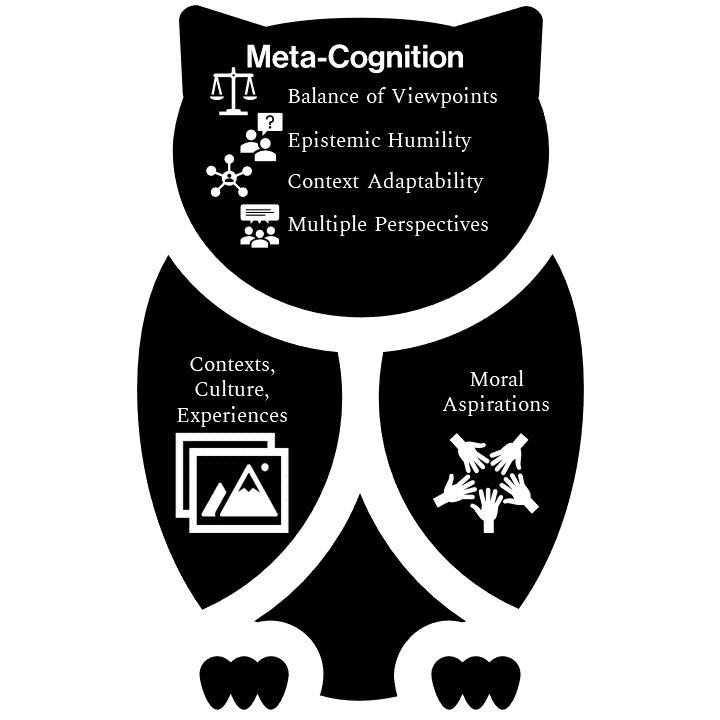Wisdom

The quest to understand wisdom has sparked debate for centuries. Is it an innate trait or cultivated? Is wisdom chiefly individual or deeply social? To move beyond speculation, we must test these ideas empirically, blending experimental psychology, longitudinal research, and natural language processing. I advocate for a common model framework for a robust, accumulative science of wisdom.
My research focuses on sound judgment, particularly the concept of meta-judgment—the standards people use to navigate everyday decisions. I’ve explored how different cultures interpret rationality and reasonableness, contrasting economists’ views with those of philosophers and legal scholars. The key question: Do these cultural understandings align with established philosophical positions?
For too long, judgment research has centered on cognitive errors, neglecting the cultural and motivational factors shaping our choices. Most studies are rooted in Western perspectives, leaving a critical gap in global understanding. To bridge this gap, I recently founded the Wise Judgment Consortium—a global network of scientists redefining decision-making. Leading a team from over twelve countries spanning five continents, we aim to uncover how cultures define good judgment. Over the next three years, we’ll deploy diverse methods—from economic games to psychometric surveys—to explore these folk theories and bring fresh insights into the science of wisdom.
